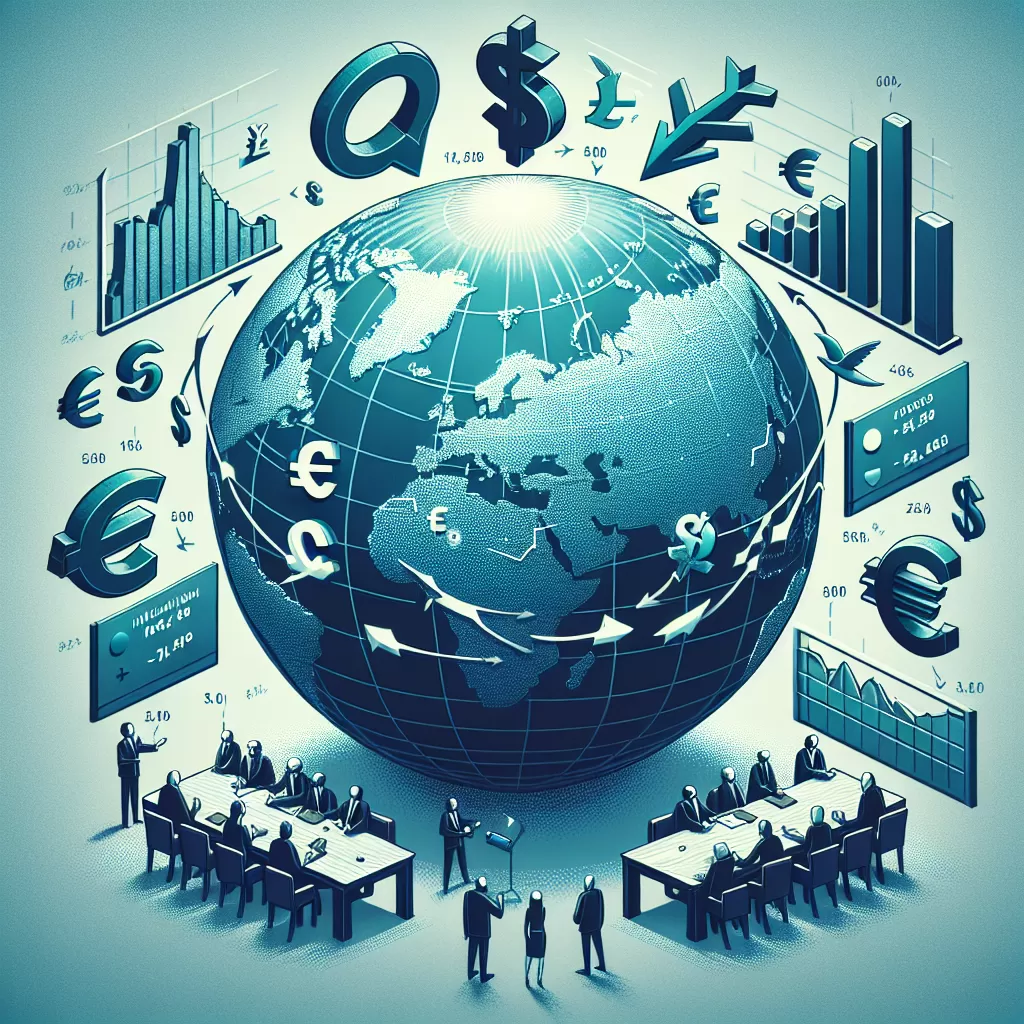What Determines Currency Exchange Rates
Follow Currency Mart April 10, 2024
Where to purchase Foreign Currencies?

Introduction
Money, often represented by the shiny objects we treasure or the digital figures we see in our bank accounts is a concept as old as civilization itself. It fascinates us, guides us, and often defines us. One of its most intriguing aspects is the idea of currency exchange rates. What makes them fluctuate? What factors determine these rates? Let's embark on a journey to uncover these mysteries.Currency Exchange Rates: A Basic Understanding
Currency exchange rates refer to the valuation of one nation's currency relative to another's. These rates show how much of one currency you need to purchase another. The constant fluctuations of these rates, responding to formidable global financial forces, act as the pulse of the world's economy.The Role of Market Supply and Demand
Like any commodity, currencies rise and fall according to the laws of supply and demand. When the demand for a currency is high - perhaps because a country's goods, services, or interest rates are attractive to foreign investors - its value will increase relative to other currencies. On the other hand, when a nation’s economic forecast looks bleak, demand for its currency will drop, resulting in a decrease in its exchange rate.Interest Rate Decisions by Central Banks
Central banks play a major role in determining currency exchange rates. A central bank may adjust interest rates to control inflation, stimulate economic growth, or stabilize the country's currency value. These interest rates impact investor decisions. Higher interest rates could attract foreign investors seeking a better return on their capital, thereby increasing demand for the country's currency.Economic Indicators and Reports
Economic indicators such as GDP growth, unemployment rates, and inflation affect a nation's perceived economic health and therefore, currency strength. As a result, these numbers can move currency exchange rates. Routine economic reports, such as wage data or industrial production figures, can cause volatility in these rates as traders respond to the new information.Political Stability and Performance
Politics and economics are deeply interwoven. A country with a stable, efficient government is more likely to attract foreign investment, resulting in a healthier economy and a stronger currency. Conversely, political instability or poor economic management can harm a nation's exchange rate.Geopolitical Events
Major geopolitical events, such as Brexit or a change in US administration, can cause significant swings in currency exchange rates. These events can create economic uncertainty, which often triggers a flight to safer investments, such as stable currencies or precious metals.Conclusion
The world of currency exchange is a fascinating study of economic and political interplay on a global stage. Whether you are planning a vacation, making a foreign business investment, or simply curious about world finance, understanding what determines currency exchange rates is undoubtedly a valuable asset. Remember, exchange rates are not random; they are influenced by a blend of factors, from local economic leadership decisions to global geopolitical events.
Where to purchase Foreign Currencies?